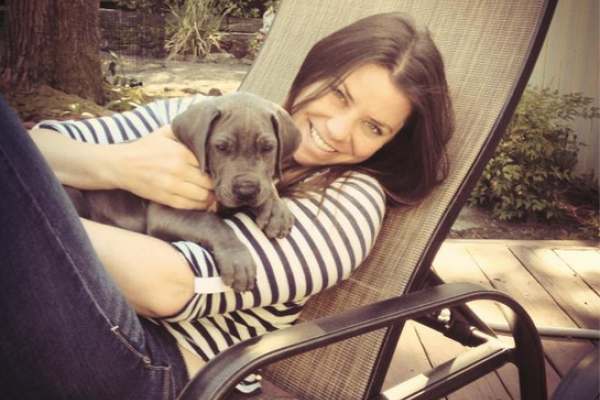Death never makes for easy conversation. But the choice of a 29-year-old Brittany Maynard to take her own life over the weekend has a lot of people talking. There are the sad and belligerent comments in the name of Christianity, as well as those from supporters of her decision and still others who seek to be empathetic but strongly disagree.
Nearly five years ago, I was laying in an ICU, on oxygen, catheterized, wearing a diaper, and on a constant flow of the most potent narcotics the hospital had available. I could not eat, drink, or even hold an ice cube in my mouth and was unable to get out of bed under my own power. Much of my family had gathered in the room to hear the doctor pronounce that there was nothing more they could do.
My situation was not the same as Brittany’s or any others’ with terminal cancer, but this experience left me with a heightened awareness of some areas where Christians need to do better when faced with death and pain. It’s beyond the scope of this post to lay out all of the theological and moral implications involved, let alone all of the political and legal implications, but here are four areas for thought.
Read the Full Article

